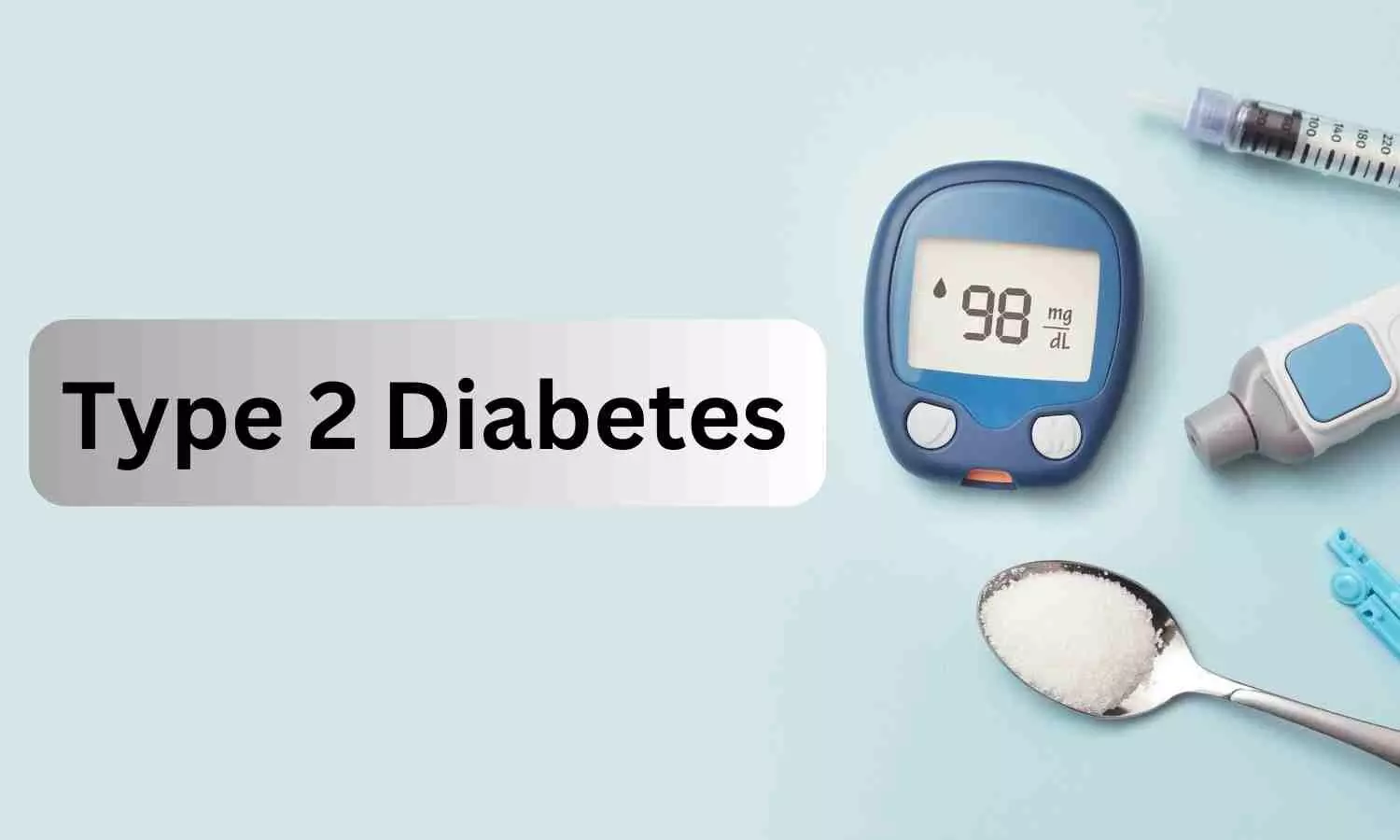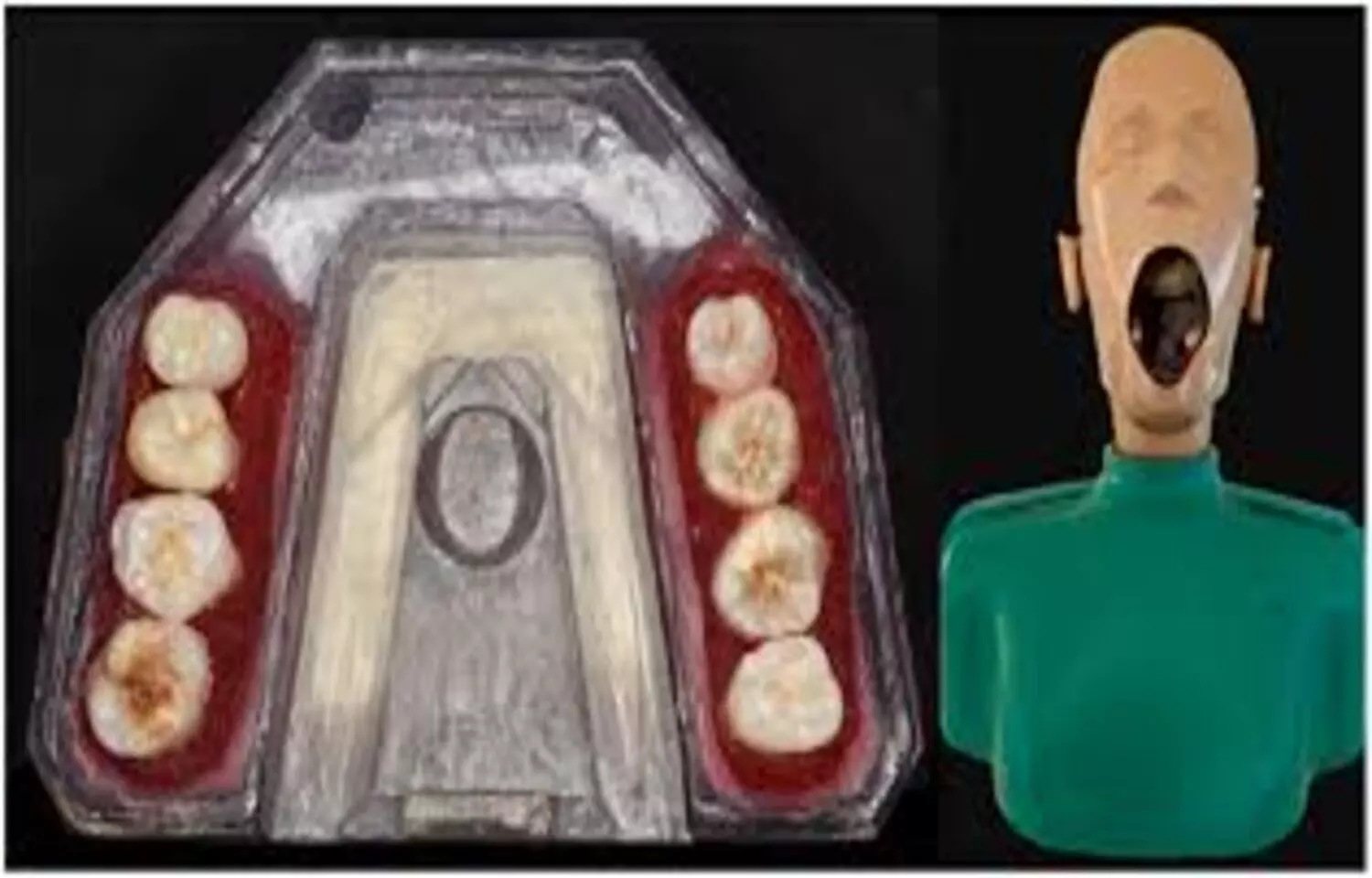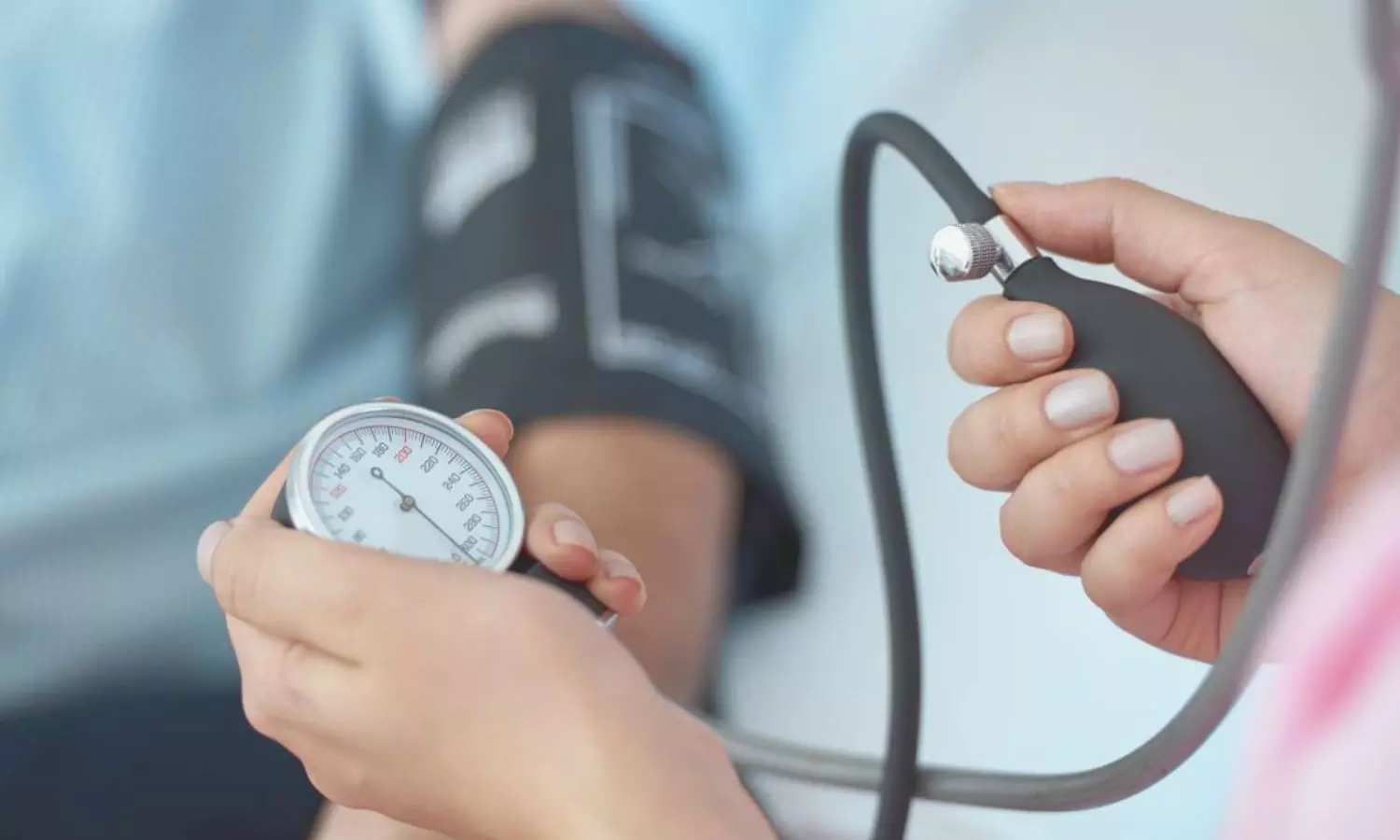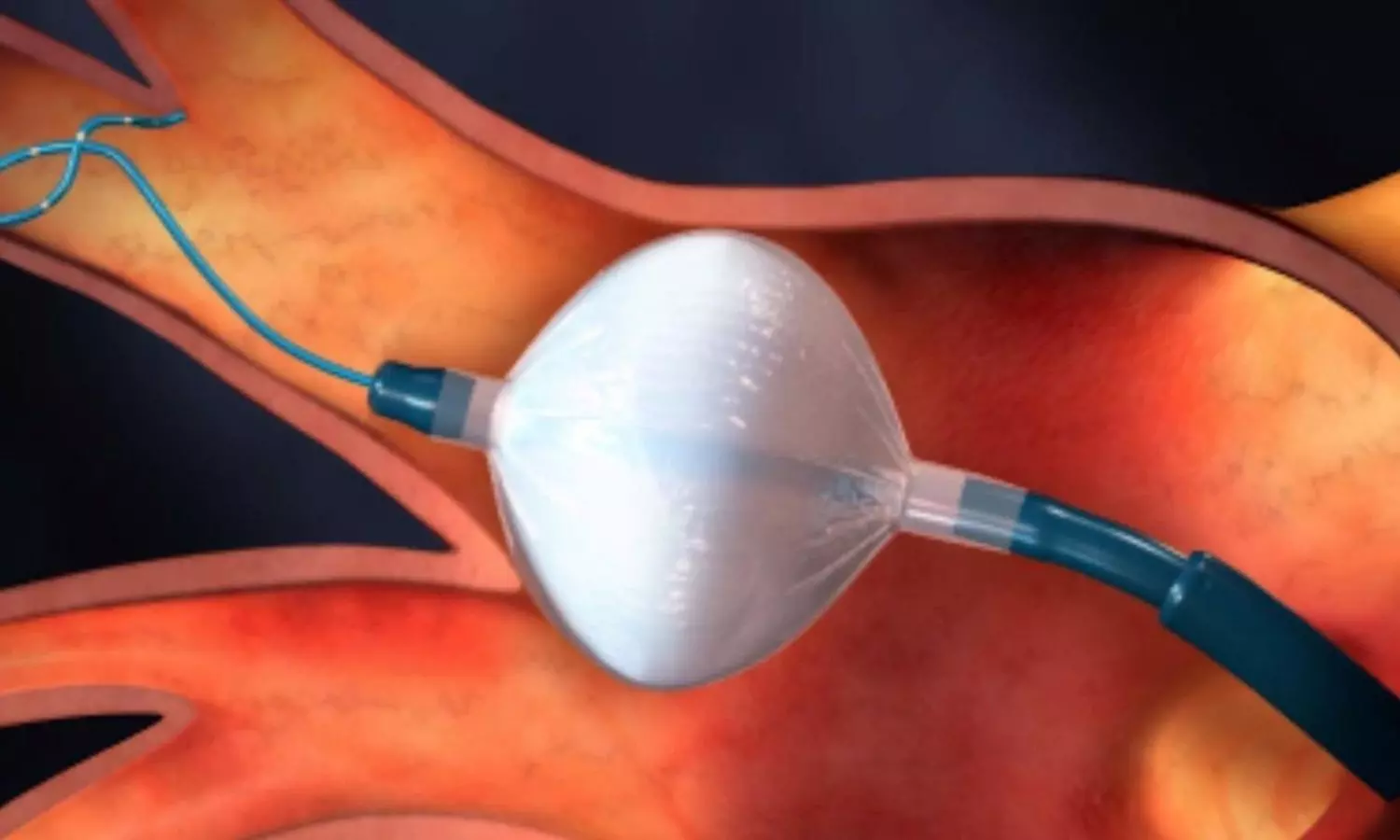Mazdutide Shows Superior Efficacy Over Semaglutide in Type 2 Diabetes with Obesity: Study

Researchers have found in a new DREAMS-3 trial, that GLP-1/GCG dual receptor agonist mazdutide outperformed semaglutide in reducing HbA1c levels and body weight among patients with type 2 diabetes and obesity. The primary endpoint-proportion of participants achieving HbA1c <7% and ≥10% weight loss-was significantly higher with mazdutide, demonstrating its superiority in glycemic control and weight reduction.
The results demonstrated that, in Chinese patients with type 2 diabetes (T2D) and obesity, mazdutide showed superior efficacy to semaglutide on the primary endpoint—the proportion of participants achieving HbA1c < 7.0% and ≥10% body weight reduction from baseline at week 32 (48.0 vs. 21.0%, p<0.0001). In addition, at week 32, the mean change in HbA1c from baseline was −2.03% in the mazdutide group and −1.84% in semaglutide group, respectively, and the mean percentage weight reduction from baseline was 10.29% in the mazdutide group and 6.00% in the semaglutide group, respectively (both p<0.05). During the study, the overall safety profile of mazdutide was consistent with previous clinical studies, with no new safety signals identified. Gastrointestinal symptoms were the most common adverse events, mostly mild to moderate in severity.
Professor Linong Ji, the Principal Investigator of the DREAMS-3, Peking University People’s Hospital, stated: “Diabetes and obesity share similar epidemic trends. Among the vast population with T2D in China, the proportion of those with comorbid obesity has been increasing. Previous studies have indicated that, compared with non-obese patients with diabetes, patients with T2D and comorbid obesity experience more challenging glycemic control, along with a significant increase in cardiovascular mortality risk and overall cardiovascular disease risk. Therefore, treatment strategies that address both glycemic control and weight loss are playing an increasingly critical role in improving clinical outcomes for patients with T2D and comorbid obesity. In recent years, GLP-1 receptor agonists have become a key therapeutic option for type 2 diabetes—particularly for patients with comorbid obesity-owing to their benefits, including glycemic control, weight reduction, and cardiorenal protection. As the world’s first approved GCG/GLP-1 dual receptor agonist, mazdutide has demonstrated superior efficacy in glucose lowering and weight loss over semaglutide in the latest Phase 3 clinical trial; mazdutide also provides multiple metabolic benefits and has a favorable safety profile, making it a new-generation GLP-1-based therapy suitable for Chinese patients. We believe that mazdutide can bring benefits to patients with T2D and comorbid obesity who are appropriate candidates for this class of therapy—to control blood glucose, effectively manage weight, and improve overall health status.”
Dr. Lei Qian, Chief R&D Officer of General Biomedicine from Innovent Biologics, stated: “China has a large number of patients with obesity and other comorbidities, underscoring an urgent need for more effective, safer, and more convenient innovative therapies. Mazdutide is the world’s first and only approved GCG/GLP-1 dual receptor agonist indicated for both weight management and the treatment of T2D. Previous registrational studies in Chinese T2D participants (DREAMS-1 and DREAMS-2) have demonstrated mazdutide’s benefits across glycemic control, weight reduction, and multiple metabolic indicators. The head-to-head DREAMS-3 study comparing mazdutide with semaglutide further showed that, in patients with T2D and comorbid obesity, mazdutide provides superior efficacy in both weight loss and glucose lowering. With successive approvals for weight management and T2D indications, we believe mazdutide will benefit a wide range of patients requiring multifaceted improvements in glycemic control, body weight, and cardiometabolic risk factors.”
About DREAMS-3
DREAMS-3 (NCT06184568) was a multi-center, randomized, open-label phase 3 trial. The trial enrolled 349 Chinese adults with early-stage T2D (duration less than 10 years) and obesity who had inadequate glycemic and weight control after lifestyle intervention with or without metformin monotherapy (mean age: 42.4 years, mean baseline HbA1c: 8.02%, mean baseline body weight: 90.47 kg, mean baseline BMI: 32.98 kg/m2). Participants were randomized in a 1:1 ratio to receive mazdutide 6 mg or semaglutide 1 mg for 32 weeks (active-controlled treatment period). In the extension period, participants originally on mazdutide were assigned to continue mazdutide treatment at different doses for another 24 weeks, based on whether they achieved the weight-loss target. The primary endpoint was the proportion of participants achieving HbA1c < 7.0% and a ≥10% reduction in body weight from baseline at week 32.
About Mazdutide
Innovent entered into an exclusive license agreement with Eli Lilly and Company (Lilly) for the development and potential commercialization of mazdutide, a dual GCG /GLP-1 receptor agonist, in China. As a mammalian oxyntomodulin (OXM) analogue, in addition to the effects of GLP-1 receptor agonists on promoting insulin secretion, lowering blood glucose and reducing body weight, mazdutide may also increase energy expenditure and improve hepatic fat metabolism through the activation of glucagon receptor. Mazdutide has demonstrated excellent weight loss and glucose-lowering effects in clinical studies, as well as reducing waist circumference, blood lipids, blood pressure, serum uric acid, liver enzymes, liver fat content and improved insulin sensitivity.
Seven Phase 3 clinical studies of mazdutide have been completed or are ongoing, including:
- GLORY-1: A Phase 3 clinical study conducted in Chinese adults with overweight of obesity;
- GLORY-2: A Phase 3 clinical study conducted in Chinese adults with moderately to severely obesity;
- GLORY-3: A Phase 3 clinical study comparing mazdutide versus semaglutide in Chinese adults with overweight of obesity accompanied metabolic-associated fatty liver disease (MAFLD);
- GLORY-OSA: A Phase 3 trial in Chinese participants with obstructive sleep apnea (OSA) and obesity;
- DREAMS-1: A Phase 3 clinical study conducted in Chinese adults with untreated type 2 diabetes;
- DREAMS-2: A Phase 3 clinical study comparing mazdutide versus dulaglutide in Chinese adults with type 2 diabetes who have poor glycemia control with oral medication;
- DREAMS-3: A Phase 3 clinical study comparing mazdutide versus semaglutide in Chinese adults with type 2 diabetes and obesity;
Among these, GLORY-1, DREAMS-1, DREAMS-2 and DREAMS-3 have already met their primary endpoints and the other three studies are also currently ongoing.
In addition, several new clinical studies of mazdutide are initiated or planned, including those in adolescents with obesity, metabolic dysfunction–associated steatohepatitis (MASH), heart failure with preserved ejection fraction (HFpEF), and a higher-dose head-to-head study versus tirzepatide in moderate to severe obesity.
*Mazdutide has received NMPA approval for two indications:
First Indication: as an adjunct to a reduced-calorie diet and increased physical activity for chronic weight management in adult patients with an initial Body Mass Index (BMI) of:
- BMI ≥ 28 kg/m² (obesity); or
- BMI ≥ 24 kg/m² (overweight) in the presence of at least one weight-related comorbid condition (e.g., hyperglycemia, hypertension, dyslipidemia, fatty liver, or obstructive sleep apnea syndrome and etc.);
Second Indication: glycemic control in adults with type 2 diabetes:
Monotherapy
For adults with type 2 diabetes who have inadequate glycemic control despite diet and exercise interventions.
Combination Therapy
For adults with T2D who still have poor glycemic control despite:Diet and exercise, plus Metformin and/or sulfonylureas, or Metformin and/or SGLT2 inhibitors (SGLT2i).
Powered by WPeMatico







